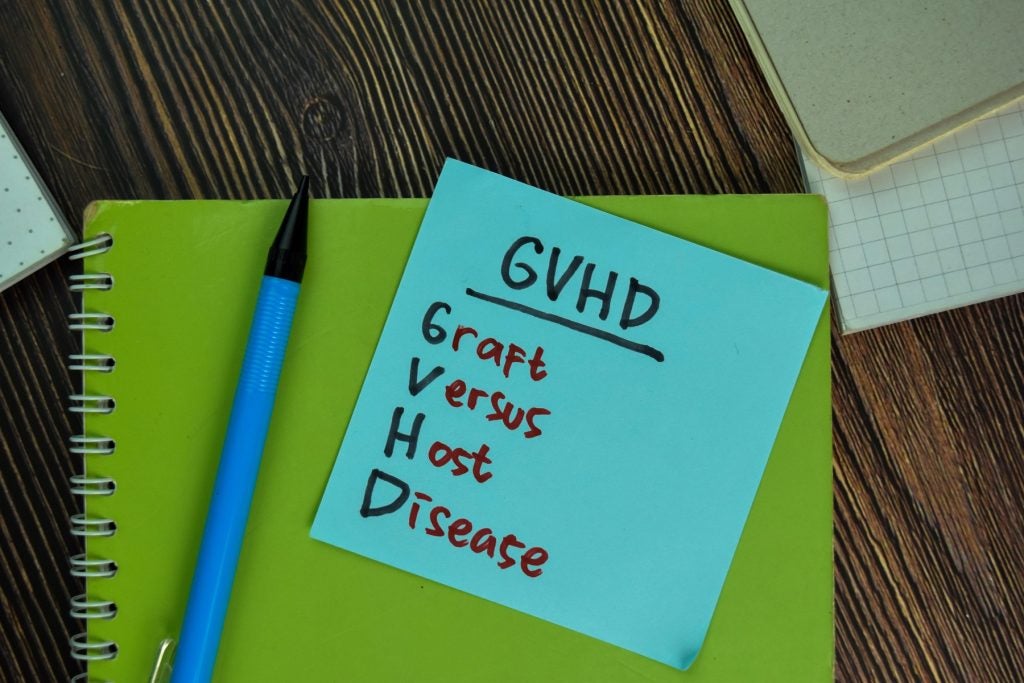In recent months, health authorities across South America have been tackling a rising epidemic in the form of the Zika virus. Having originated from the Zika Forest in Uganda, the virus, carried by the Aedes mosquito (pictured), has been linked to birth defects after a spate of infants across countries in South America were born with microcephaly, a condition affecting brain development.
Since the Zika virus made headlines earlier this year, the pharma industry has stepped up efforts to combat the outbreak. Recently, CTA spoke to Lisa Ganley-Leal, Director of Infectious Diseases and Vaccine Development, STC Biologics, to discuss a biologic STC is developing to tackle the virus.
Clinical Trials Arena: What is STC Biologics doing in response to the Zika virus?
Lisa Ganley-Leal: We are looking at pursuing a number of options. At this point in time, we're not quite sure of the mechanisms of the pathogenesis that people are seeing, not only in pregnant women, but in other geographical regions where you see a form of autoimmunity occurring. We don't know if it's an immune response or whether the virus directly causing a neuropathogenesis. Although we plan on developing a traditional vaccine, we're not going full-steam ahead until we know everything about the virus.
The other option is to define the pathology more clearly, so we're doing some modelling where we get some immune serum and analyzing how that may affect neurons. Essentially, we want to discern whether the antibodies are affecting the neurons or autoimmunity. Additionally, we're trying to see if there's any kind of cross reactivity, and so forth. If we can dissect out what is the causing the autoimmunity on the virus side, then we can incorporate it into vaccine design.
See Also:
We're also developing a therapeutic modality, most likely an antibody which would prevent virus entry into neurons as the Zika virus enters multiple cells. Ultimately, we want to make sure this drug doesn't enhance any type of autoimmunity. You certainly don't want to inject pregnant women, or women who plan to be pregnant, with a vaccine that might make it worse. And that's why at the moment we're proceeding with caution by exploring parallel routes to development.
How well do you really know your competitors?
Access the most comprehensive Company Profiles on the market, powered by GlobalData. Save hours of research. Gain competitive edge.

Thank you!
Your download email will arrive shortly
Not ready to buy yet? Download a free sample
We are confident about the unique quality of our Company Profiles. However, we want you to make the most beneficial decision for your business, so we offer a free sample that you can download by submitting the below form
By GlobalDataCTA: What progress has been made on this biologic, or is it too soon to gauge?
LG: We're very much in a development stage utilizing our proprietary drug development platform. We've publicized that STC is doing something about the Zika virus to get people excited and to assure the research community and the public that there are companies willing to take this on. Let's be clear, this is a high risk project because of the nature of the pathology where you have fetal abnormality, which is a nightmare for pharmaceutical companies. We're on to something but we can't discuss it yet, and we'll update people and post our results as we go along.
CTA: In instances where you have an epidemic like Zika, or the Ebola virus previously, what are the challenges in developing treatments as quickly, but efficiently as possible?
LG: Well first off, if you're trying to run a clinical trial in the midst of an epidemic it can be a nightmare. If you look at Dengue fever, for instance, when you get infected the second time it's worse because of the immune response. Zika, in some ways, is similar to Dengue in that we don't know how the immune response will affect the pathogenesis. When compared to Ebola, on the other hand, it seems the Zika virus is not that pathogenic overall in our immune population. However, it does appear to be evolving since it has jumped geographic regions. That might be due to the naivety of the population that lacks a good immune response.
There were a lot of lessons learnt from Dengue, and now we intend to alter the biologic to reduce the effector function activity that might increase the pathogenesis. As the Zika virus epidemic involves pregnant women and the fetus I'm not sure how those types of clinical trials would be designed, but we really need to understand the pathogenesis from the role of the immune response. But there are a lot of new technologies that could model the human immune system in vitro, which we can utilize for drug development before we test anything in humans.
CTA: What is the regulatory landscape like when you attempt to develop a vaccine or a biologic in your case in the event of an epidemic?
LG: For a biologic, you need to show regulatory bodies that you're not going to activate an immune response inadvertently that would induce additional pathology. I would say this is vital especially since the Zika virus bears similarities to Dengue. As far as a vaccine is concerned, I would hope the FDA is going to consider the fact the Zika virus might have an autoimmune reaction or an autoimmune-like reaction, akin to the Gulllain-Barré syndrome where the nervous system is under attack in some populations. So I hope the regulatory agents take that into consideration for anyone developing a vaccine for this virus.
CTA: Looking back on how the Ebola outbreak and how the virus was stifled, some say the response by the industry at the time was perhaps too slow. Do you feel there has been an adequate response to the Zika virus this time around?
LG: I think the industry is under pressure to get something out. I've seen that big pharma companies like Sanofi are doing something, but how long it will take them to get something to market is another matter. We as a small biotech company have more flexibility. As soon as we heard the news, we got right on it. We'll see how this goes. There seems to be a race for a vaccine (or biologic) and I hope someone wins.
*Photo Credit: Animal Diversity Web via Flickr






